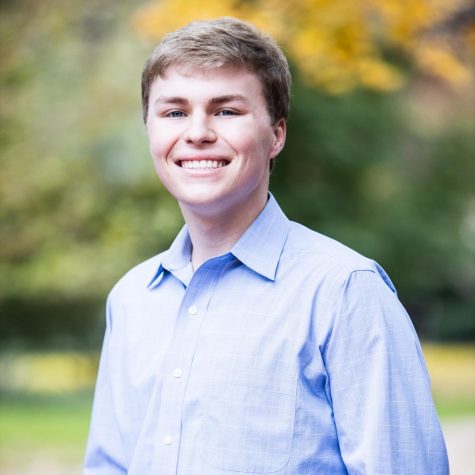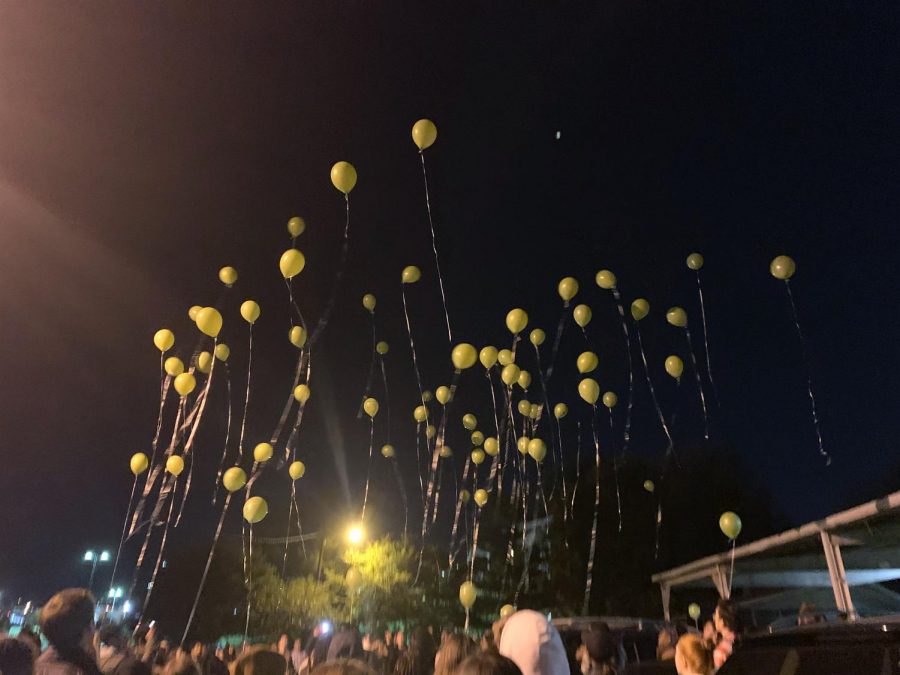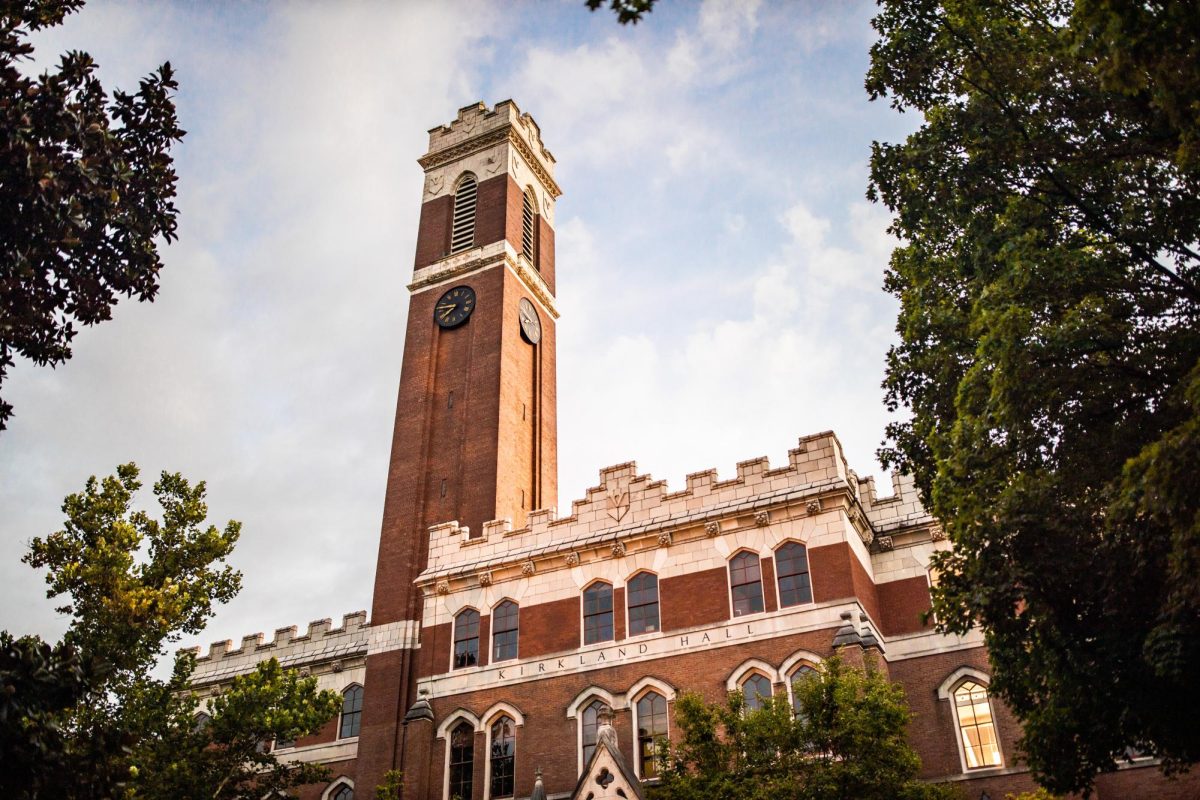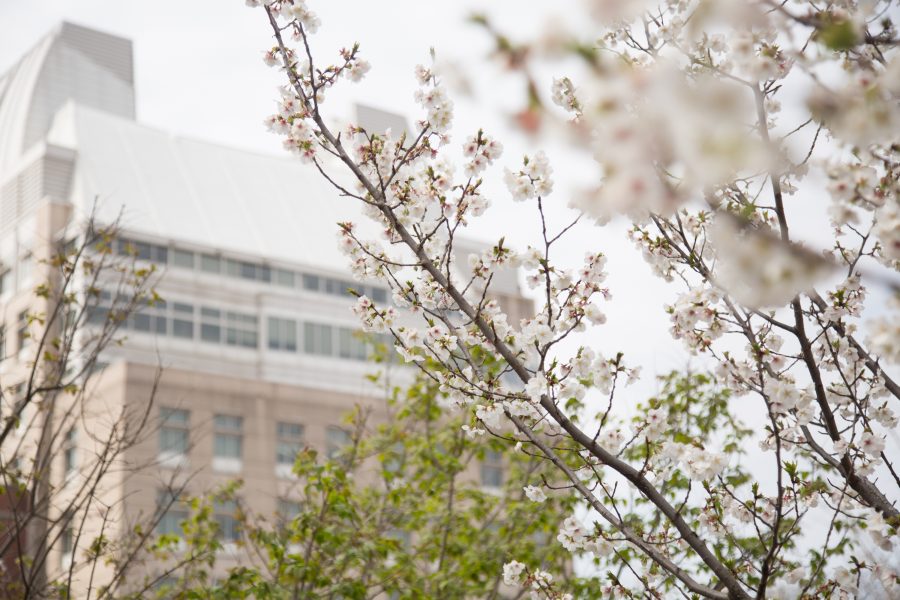
VSG announced the introduction of the landmark Adriel Bineza Graduate School Equity Fund (GSEF) Jan. 6. The GSEF awards $250 to selected students applying for graduate or professional schools, including business, law and medical schools. The financial award may cover any expense associated with the graduate school application process—application fees, standardized testing, interview travel fares, tutoring expenses and more.
The GSEF was named in honor of Adriel Bineza, the former chair of VSG’s Economic Inclusivity Committee, who was instrumental in the design of the GSEF and passed away earlier this year. The deadline to apply is Jan. 26.
The idea for the GSEF originated from conversations among members of the VSG Economic Inclusivity and Academic Affairs Committees. These students noticed the high costs associated with the application process when they were preparing to apply to professional schools themselves.
“In principle it comes from the recognition that applying to graduate school, law school, medical school is extremely expensive,” said Academic Affairs Committee Chair Nico Gardner, who spearheaded the development of the GSEF. “The average applicant to medical school can pay up to $5,000 between application fees, travel and studying for the MCAT, which makes it inherently economically exclusive.”
After noting the financial barriers surrounding graduate school applications, VSG identified a significant demand for application expense alleviation among Vanderbilt students. According to the Career Center, about 30 percent of former Vanderbilt students were continuing their education six months after graduating.
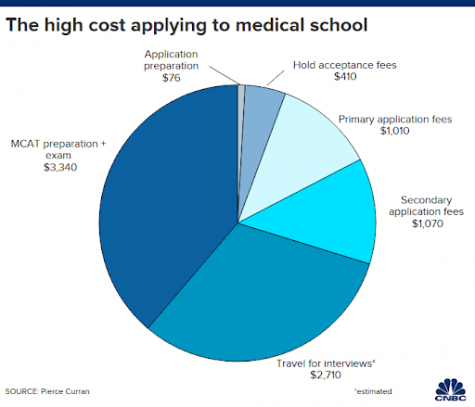
Additionally, a survey of Vanderbilt undergraduates interested in graduate school conducted by members of the Economic Inclusivity Committee found that 63 percent of respondents listed cost as a primary barrier in preventing them from getting help with test prep. Of the 70 students surveyed, 45 denoted this by answering a four or five on a scale with zero as “Cost doesn’t prevent me from getting help with test prep” and five as “Cost is the primary barrier keeping me from getting help with test prep.”
Several peer institutions have already embraced the responsibility of helping their students overcome the cost barrier inflicting test prep. The University of North Carolina at Chapel Hill, Arizona State University and the University of Tennessee at Chattanooga already provide its students with MCAT, LSAT, and in some cases, GMAT and GRE preparation resources at no additional cost.
“I think that we have to evaluate what we can do to create an equitable experience for our students so that when they are looking for that next opportunity, if there are barriers to them being able to do that, how can we help?” Senior Director for Experiential Learning and VSG adviser Clayton Arrington said. “I think that’s a fair question.”
As part of a broader initiative to expand the scope of Vanderbilt’s financial support services, the Academic Affairs Committee organized a graduate school test prep book drive in September and shortly thereafter, proposed the GSEF to VSG Senate.
After the fund’s proposal, VSG and Vanderbilt administrators committed themselves to refining the nuances of the fund—most notably, who would be eligible for the awards, how eligible students would be selected for the awards and how recipients would receive their awards.
“It required a lot of meetings with administrators,” VSG President Frances Burton said. “We met pretty extensively with the people who created Experience Vanderbilt to come together and try to create a similar experience.”
Following the norms set by Experience Vanderbilt, an initiative that provides Vanderbilt students with funds for extracurricular activities with fees, VSG concluded that all Vanderbilt students eligible for financial aid would be eligible for the GSEF. VSG also settled upon a random allocation process for students applying for the $250 awards, rather than an allocation process which prioritized students by level of financial need or another metric.
“As much as I would love unlimited funding, our funding is limited,” Gardner said. “We don’t judge folks on whether they ‘deserve it’ or not. It’s more so just that they are randomly selected. However many $250 awards we can give, we will give out.”
The current funding level allows VSG to give out $250 awards to 40 students. Some students believe that the GSEF falls short in providing financial support for the students that need it most.
“There are some people who get $2,000 of financial aid and some people that get $60,000,” former VSG Economic Inclusivity Committee member Kate Weaver said. “So I understand the sentiment of ‘we might not be able to categorize how much aid people need.’ But, at the same time, there are clearly more people with demonstrated need who might be missing out in this randomization process.”
Although the GSEF may encounter shortcomings at the moment, VSG and the Vanderbilt administration are optimistic about the emergence of opportunities to expand the fund’s scope and impact.
As of now, $10,000 of VSG’s annual budget finances the GSEF, and VSG plans to continue to allocate $10,000 towards GSEF in successive years. However, Arrington and Burton both indicated that should alumni decide to donate to the GSEF, it may be able to expand well beyond its current funding scheme, and provide funding to far more students.
“I think that if it’s successful in this first year, then I think that absolutely the doors will be open,” Arrington said. “I think that this a program that, much like Experience Vanderbilt, alumni can get behind because they can recall in their own experiences, when additional funding may have been helpful to them for postgraduate work.”












